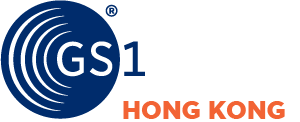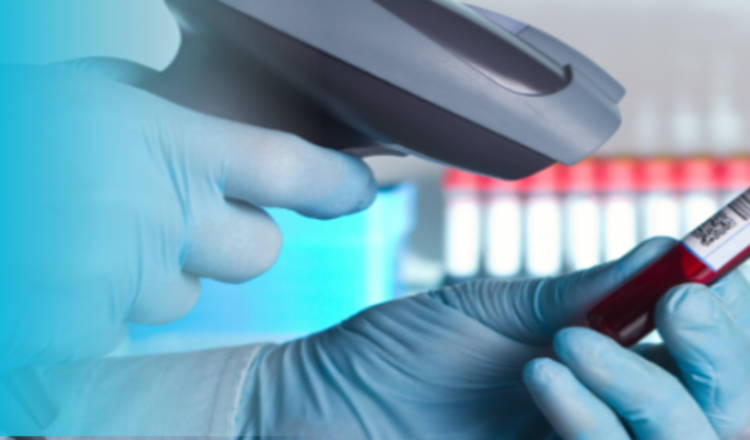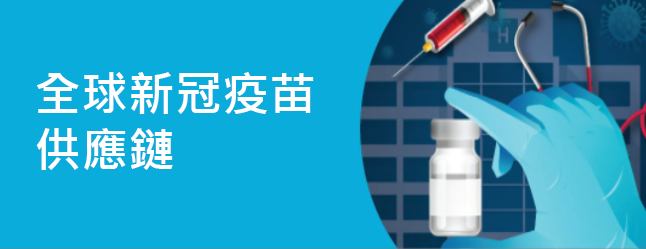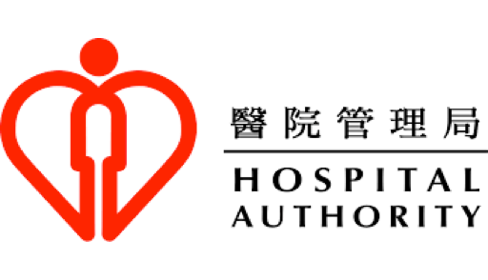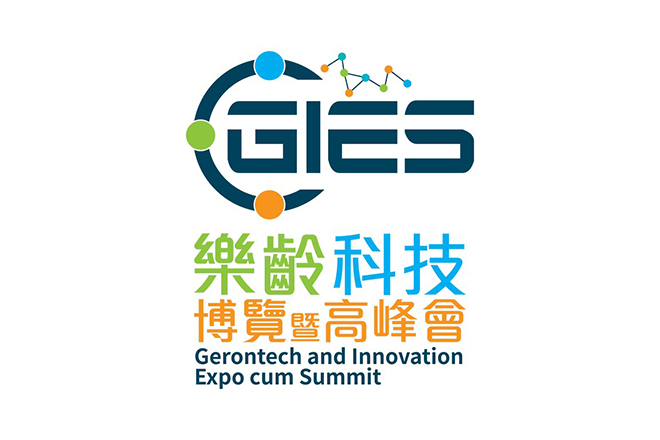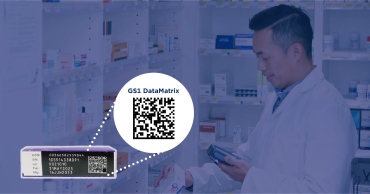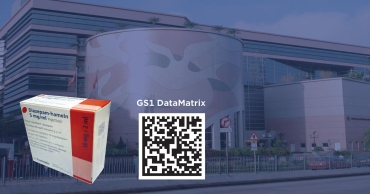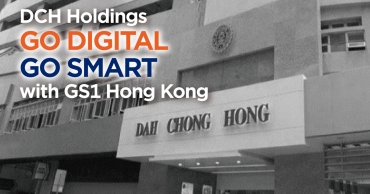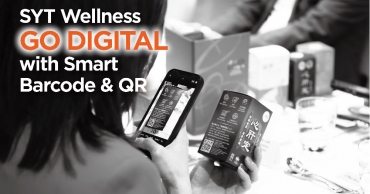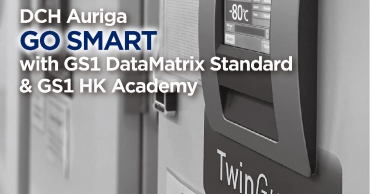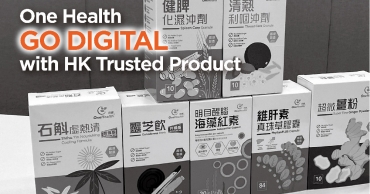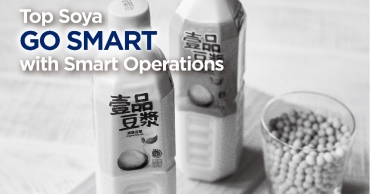GS1序号 (包括GTIN、GLN及SSCC等) - 改善供应链管理水平
医疗护理业是一个复杂的全球性行业,其供应链涉及多个持份者,包括制药、医疗设备供应商及制造商、批发商、分销商、采购单位及和医疗服务提供单位。尽管医疗护理领域出现了变革性改变,但唯一不变的是提供稳定及高质量的病人护理服务。
GS1 HK一直跟医疗护理业在本地和全球上紧密合作,协助业界引入全球标准及解决方案,以打造一个更有效率的供应链、满足监管规例及提升医疗护理业营运效率。
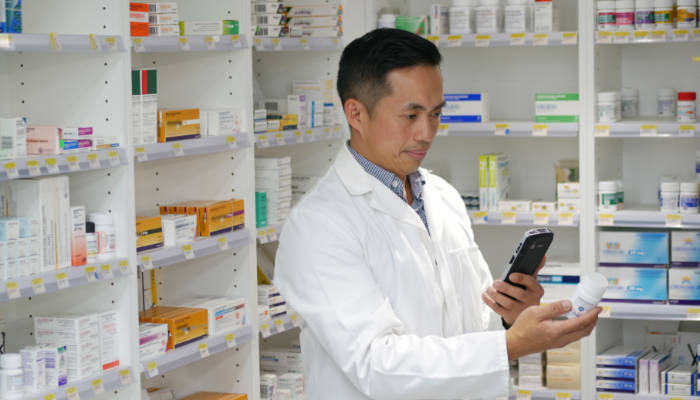
解决方案
GS1 HK能够帮助医疗护理企业提升供应链效率、改善追溯能力及提高病人安全。
成功个案
Hospital Authority - Supply chain modernisation aimed at improving medication safety
Even in the early 1990s, the Hospital Authority (HA) had foreseen the growing importance of medication safety, supply chain efficiency and traceability in its routine operations. To prepare itself for these challenges, HA started using GS1 Hong Kong’s ezTRADE, a standard-based e-commerce platform that facilitates paperless trading with its vendors for enhanced efficiency, in 1996. Under this platform, the organization has been able to transmit pharmaceutical orders to its suppliers through a standardized purchase order (PO) form online. This is part of HA’s Supply Chain Modernization (SCM) project, which was further rolled out in 2010 to facilitate automation of the pharmaceutical procurement process and provide accurate tracking of pharmaceutical products from one location to another along the organization’s supply chain.
The entire implementation, which encompasses seven clusters of 42 public hospitals and clinics under HA, has been completed in 2014. With 88% of its pharmaceutical orders automated, HA has experienced higher efficiency and consistency in its supply-chain operations, from product orders to physical receipt of the items procured. HA’s financial settlements with its trading partners have also seen significant improvements. The project has also bolstered the track and trace capability of HA stores on the movements of pharmaceutical supplies, leading to better inventory planning and stock allocation.
“The Hospital Authority has successfully implemented a modernized supply chain model over the recent years through adopting the GS1 standards, introducing barcode technology applications and establishing its own Electronic Data Interchange network. These initiatives have not only improved its operational efficiency and product traceability from its pharmaceutical supplies, but have also reduced service risks and enhanced patient safety in the public hospitals,” said Dr. W L CHEUNG, Director (Cluster Services) of the Hospital Authority.
Nex Medical Limited - Taking patient safety to the next horizon via medical device tracking
Patients today face significant risks that a recalled medical device could be used in their treatment if there is no way for quick and reliable identification of a recalled device. Without an appropriate identification and tracking system, a defective device could remain undiscovered for a longer time, which is a significant patient safety concern. Having a wider connection in the global distribution chain and increasing alerts in patient safety, Nex Medical face the challenges of effective identification of individual medical devices produced, inefficient and ineffective product recalls, incomplete adverse event reporting, counterfeit products and inefficient healthcare supply chain processes.
A strong need for Nex Medical was developed to implement an effective product identification mechanism to automatically document and track the disposable laparoscopic devices it distributes, in order to enhance the traceability of these products.
Under GS1 Hong Kong’s consultancy and assistance, the device manufacturer decided to implement the new unique device identification (UDI) codes recommended by the U.S. Food and Drug Administration (FDA). As such, the company is required to assign a UDI number to each version and model of its devices. With the unique device identification system, the company can adequately identify each medical device.
The UDI is required on the label in a human readable format, as well as in a manner that can be read by automatic identification and data capture (AIDC) technology, such as a linear or 2D DataMatrix barcode. A unique UDI must be applied to the “base package” and higher levels of packaging.
Given the need for Nex Medical to assign UDI numbers to its products, a database with identifier numbers, corresponding products, respective manufactures and other distributes has to be maintained.
The GS1 solution for creating the device identifier of a UDI is the Global Trade Item Number (GTIN). The “dynamic” portion of a UDI is a production identifier generated in manufacturing and includes expiry data, lot number or serial number (depending on how the device is controlled) and is printed on the product label.
In the course of its consultancy work, GS1 Hong Kong provided training to key operational staff from Nex Medical in order to educate the FDA standards and UDI guidelines and the various operational practices, including database setup and maintenance, to ensure their smooth implementation.
By embracing GS1 solutions, Nex Medical has been able to meet globally recognized identification standard for medical services, by which it can track and trace its device distribution efficiently, while being able to develop a database for system integration of information if necessary.
Nex Medical’s successful implementation of the UDI on its products means that the healthcare devices it manufactures and distributes will be authorized for use anywhere in the world, especially countries that mandate UDI requirements to be attained. Apart from maintaining its global market presence and fulfilling the regulations, the company also leverages UDI to optimize its manufacturing and supply chain business processes.
This model will allow Nex Medical and other data providers to load their master data once for all geographies. Data recipients, such as its customers from Hong Kong’s healthcare industry and beyond, will also have access to the data through one source.
Zuellig Group - Joining the largest EDI alliance to boost order-to-cash processes
With the mission to enhance the traceability of pharmaceutical products from external vendors into its pharmacy stores in a more accurate and efficient way, HA pharmacies, starting from June 2012, have launched its pharmaceutical supply chain modernization project. In the project, an electronic data exchange platform ezTRADE developed by GS1 Hong Kong, was chosen to facilitate accurate and efficient data exchange between the HA and its suppliers, including purchase orders, purchase order responses, dispatch advice and invoices, etc.
Zuellig Pharma’s was invited to join this project to renovate its supply chain process. Although the company has had streamlined its supply chain with its business partners for years, including an Electronic Data Interchanges (EDI) platform arrangements with HA which was established over more than a decade, the company still took this opportunity to further enhance its supply chain processes to perfection and tied in with the government’s 75 improvement initiatives under a preventive approach to public healthcare in Hong Kong.
As a supply chain consultant to Zuellig Pharma, GS1 Hong Kong assisted the pharmaceutical supplier to adapt to the supply chain process requirements specified by the HA. One of the key recommendations is the adoption of barcode applications for product identification at carton level. The barcodes affixed to each carton can automatically identify their physical content, including pharmaceutical items, assets, logistic units, shipments and physical locations, etc., at any point in the supply chain. This has eliminated the need of physical stock counting, while providing for real-time visibility into its inventory status and ensuring that the shipments do not end up at the wrong delivery addresses.
In addition, Zuellig Pharma embraced a number of other GS1 standards, including Electronic Data Interchanges (EDI) documents such as Purchase Order Response (POR), Advance Shipping Notices (ASN) and invoices.
Upon receipt of purchase orders from the HA, Zuellig Pharma will pack the products with a GS1 Serial Shipping Container Code (SSCC) label attached. At the same time, an electronic dispatch advice will be sent to the HA for advance validation by the purchasing unit. Upon delivery to the HA’s warehouses, the SSCC will be scanned by the pharmacy staff to cross check all product data and physical goods delivered with the purchase information source.Once correctly verified, electronic invoices will be sent to the HA through the ezTRADE platform.
Application of GS1 Standards to the client’s communication protocols and process has significantly enhanced the accuracy of its data exchange with HA and other healthcare customers, ensuring the elimination of processing and other blunders.Ultimately, patient safety has been improved with the implementation of product identification through barcode technology. This has enabled hospital, pharmacy or clinic staff to avoid medication errors by automatically matching product data with patient data.
This exercise has also enabled efficient traceability of pharmaceutical products, all the way from warehouse to patients. This helps the company facilitate prompt identification and removal of infected items in the event of a product recall. Patient safety is also better assured with the reduction of handling and delivery errors arising from manual input.
Zuellig Pharma has improved the accuracy of information captured in its trading documents during the procurement, pre-delivery and actual delivery cycles. The validation of the goods delivery also makes its operations faster and more accurate. The availability of real-time supply chain data, including the product needs of its customers, has enabled more real-time demand planning decision. With the simple standards and appropriate technology and systems in place, Zuellig Pharma is able to improve the better efficiency and higher safety of the pharmaceutical distribution services it provides and cope with fast-changing customer demands, while maintaining a high level of operational service excellence.
With GS1 Global Standards and EDI platform, Zuellig Pharma has streamlined the pharmaceutical procurement processes and facilitated the exchange of data and documents such as purchase order, purchase order response, advanced shipping notices as well as invoices. Over 80% orders were automated effectively whichresults in operation efficiency, accuracy and patient saving.
倡议及活动
GS1 Hong Kong致力推动本地医疗护理业持分者实施及应用全球标准,构建更高效率及更全面的供应链。
成功案例
为提高用药安全性,医院管理局(HA)公布其药品招标文件中,加入药品外包装应具备GS1标准的独有识别码(UI)的条款。参照由GS1 HK制定的…
有超过70年历史的大昌行集团(大昌行)业务遍及亚洲12个巿场、拥有16,000名员工,其多元化的业务涵盖「医」食住行4大生活层面。集团的消费业务包括食品、快速消费品…
张勇医师除了以针灸、把脉开方等方法治疗病人外,亦深信「上医医未病之病」的道理,所以推出一系列保健品、茶包、汤包,让大众防病患于未然…
作为香港最大的医疗保健品分销商之一,奥利佳获委任去负责辉瑞复星医药与BioNTech的复必泰疫苗和科兴疫苗在本港的储存和配送工作。凭藉独到的冷链专业知识…
疫情持续反覆,巿民更关注自己健康状况。2018年面世的「同健」,以大学临床研究实证及化验所测试认证作卖点,疫情期间在本地巿场逐渐站稳阵脚…
在香港货品编码协会旗下的智能专业服务(SPS)团队建议下,新佛香经历了一场艰巨但必须的转型和业务流程重组,将流程自动化并提升供应链管理能力, …
